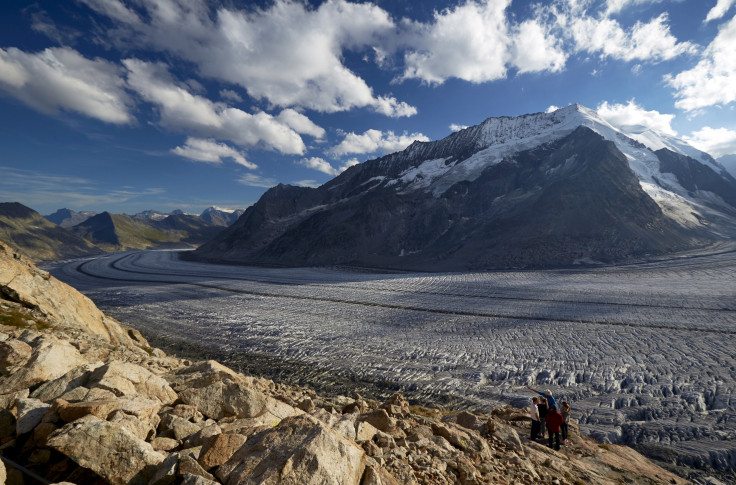World Meteorological Organization Says 2015 Is The Hottest Year On Record

The U.N. World Meteorological Organization confirms that 2015 was the hottest year on record. Katie Sargent reports
Video Transcript:
The year's off to a frigid start with the U.S. East Coast digging out from a monster blizzard and parts of Asia shivering in record cold temperatures.
But last year? 2015 was the hottest year on record according to the United Nations' World Meteorological Organization.
It says global temperatures were up 0.76 degrees Celsius above the long-term average.
That confirms similar findings by NASA and the National Oceanic and Atmospheric Administration.
Current weather conditions not-withstanding, the WMO's Clare Nullis says the temperature increase is part of a long-term trend.
"Fourteen of the 15 hottest years on record have all been in this century. We have just had thehottest year by a big margin, we have had the hottest five years and we have had the hottest 10 years. It is part of a long term trend, there is no pause in global warming."
The temperatures in 2015 were boosted further by the phenomenon called El Niño.
Almost 190 nations agreed at a summit in Paris last month to take steps to shift from fossil fuels towards cleaner energies to limit warming.
© Copyright IBTimes 2024. All rights reserved.











